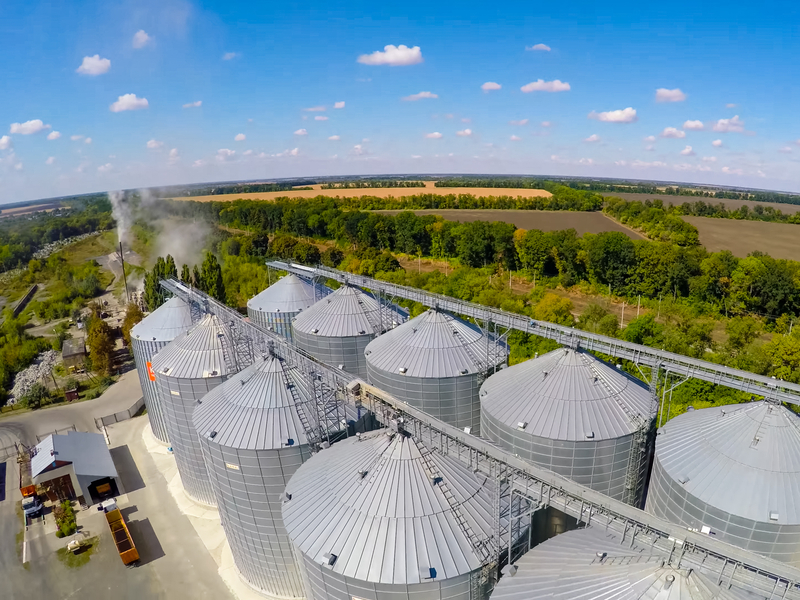The United State Department of Agriculture (USDA) estimates 40% of the nation’s rice crop is grown in Arkansas. As rice farmers prepare to begin preparation for their 2024 crop, growers are facing what is described as the most significant hybrid seed shortage in recent memory.
Terry Gray owns Delaplaine Seed Company, a Rice-Tek seed dealer described as a service partner to its rice farmer customers. “Hybrid rice seed availability is very tight, extremely tight,” Gray said. “We’ve had seed shortages like this before, but nothing like this.”
Gray says most farmers use hybrid seed because it produces a plant that is tough, is disease resistant, and produces good yields. “A hybrid is created by crossing two different varieties of the same plant. Crossing involves taking the pollen from the male flower of one plant and transferring it to the female flower parts of a different plant. Growers use helicopters to force the transfer. Once the ovary of the female flower is pollinated, it will begin to swell and form a fruit. The seeds that develop inside that fruit are hybrid seeds,” Gray said the timing of growing and the weather make all the difference in the crossing process. He says conditions during the 2023 growing season resulted in 20% less hybrid seed being produced.
Gray believes there could end up being as much as 200,000 fewer acres of rice being grown this year. “It’s just my rough estimate. Last year there were 2.1 million acres of long grain rice produced. If there’s 20% less hybrid seed available, do the math,” Gray said.
Gray says most farmers in Northeast Arkansas and Southern Missouri counties have their seed needs covered. “D.J. has done a masterful job,” Gray said, referring to Rice-Tek Regional Manager D.J. Shipman. “Most of our farmers have their seed. They’re lucky.”


